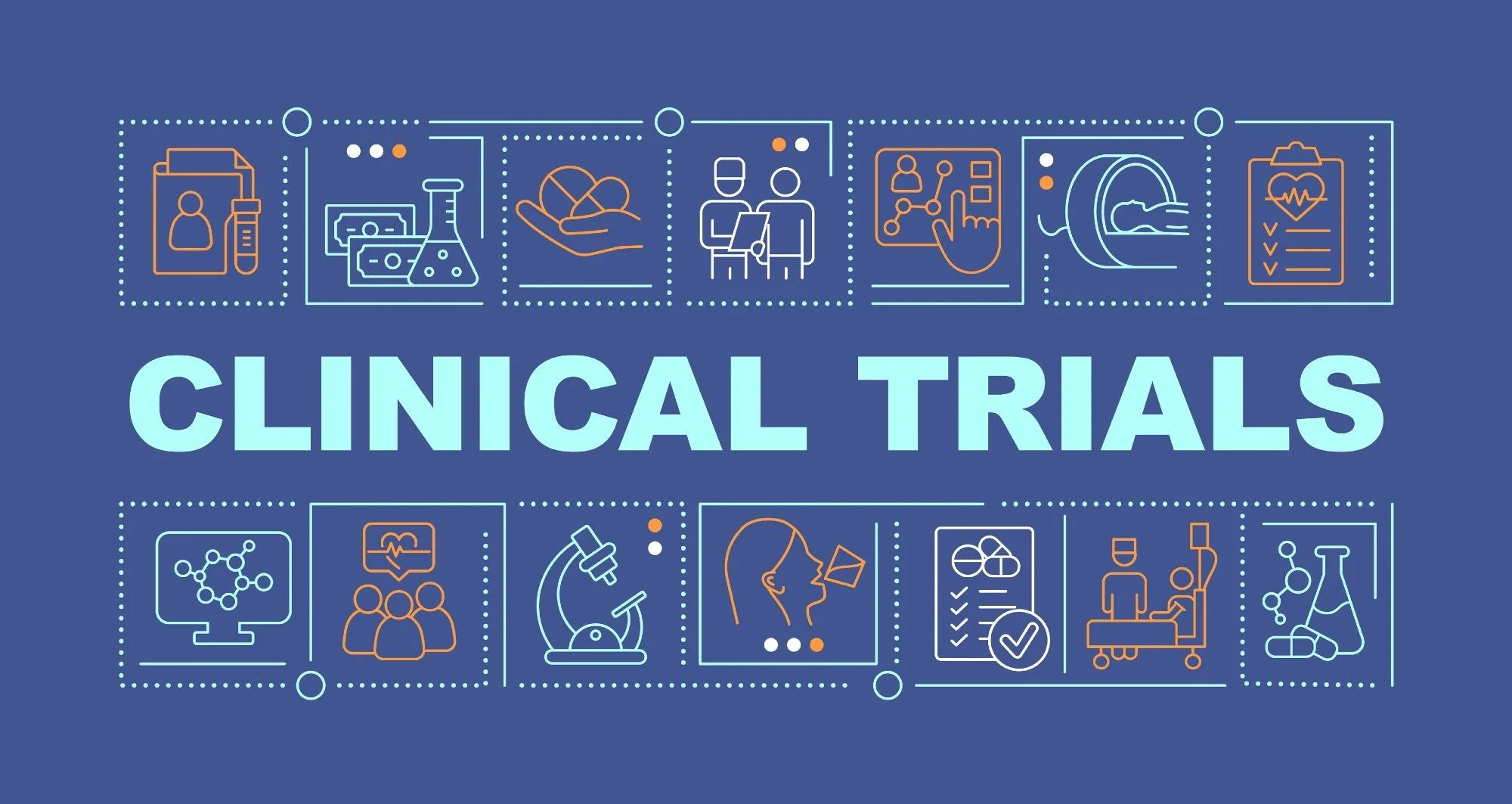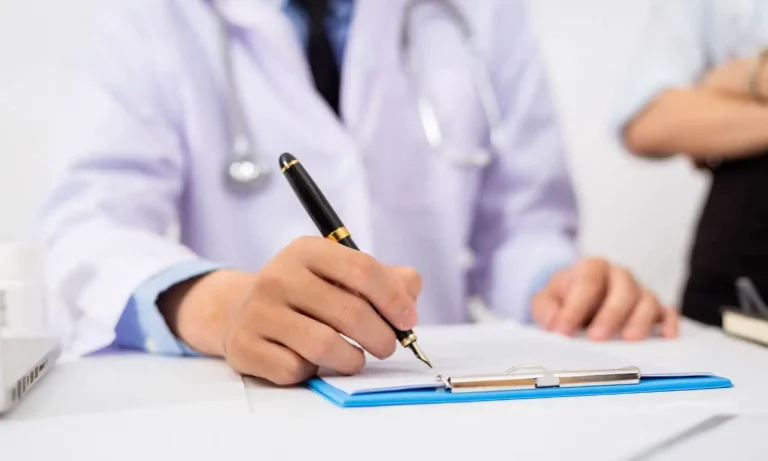
Clinical trials help us find better ways to treat illnesses and keep people healthy. But they aren’t a free-for-all. They follow strict rules to make sure they’re safe and fair for everyone involved. With the laws and regulations, the clinical trials are organized and manageable.
Fortunately, clinical trials are regulated very well and monitored by the authorities. If you want to be sure about the regulations and monitoring process for the same, then you are at the right place. In this post, we are going to share everything we know about the various regulations and monitoring processes for clinical trials.
#1 – Rules and Regulation
Clinical trials have to follow rules set by health authorities. In the United States, the Food and Drug Administration (FDA) is in charge of these rules. In India, the Union Ministry for Health and Family Welfare has set forth the rules for clinical trials. These rules tell researchers how to run their trials safely and fairly.
The rules start applying even before the beginning of the trials. The researchers have to create the blueprint of the entire trial before starting the same and applying for initial approval. This way, the regulatory authorities can monitor everything as per the rules, regulations, and the provided blueprint.
You might like this:
- Your New Guide to Validate Clinical Trial DHTs
- New Tips to Incorporate DCT Elements in Your Clinical Trials
#2 – Fairness in Trials
Taking part in a trial is a big decision. People need to know what they’re getting into. Before joining, they get all the details about the trial. This includes what might happen to them and what might help them.
As the safety of the participants is of utmost importance, the researchers conduct fair trials. This can start with informed consent, where the researchers explain everything to the participants and get their consent. Once the trial starts, the researchers provide regular updates to the participants while informing the regulatory board of the same.
#3 – Handling Unexpected Issues
Sometimes, unexpected things happen during a trial. The adverse events are unexpected, and they need immediate attention. Once such events happen, the researchers always take care of the participants and report the incident immediately to the participants and the regulatory authorities.
Once the trial is finished, everything is sent to the Regulatory authorities. This way, the authorities can analyze all the data and decide whether to approve the medicine or not.
Final Words
Clinical Trials play an important part in the medical progress. With complete monitoring and strict regulations, they are made safe for the participants. This way, the researchers have the framework to follow and also comply with all the guidelines for participant safety.





